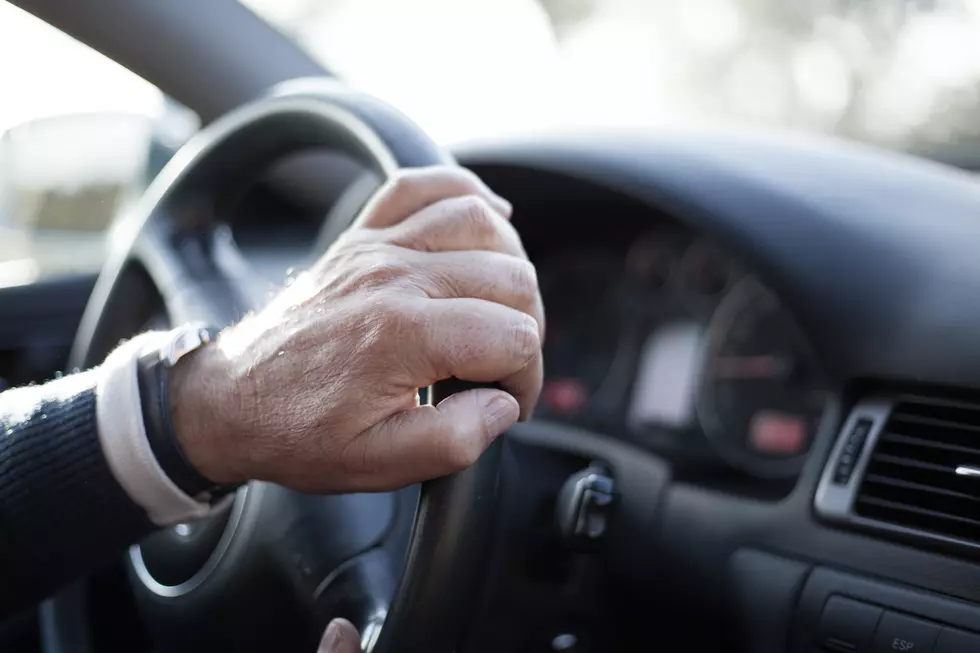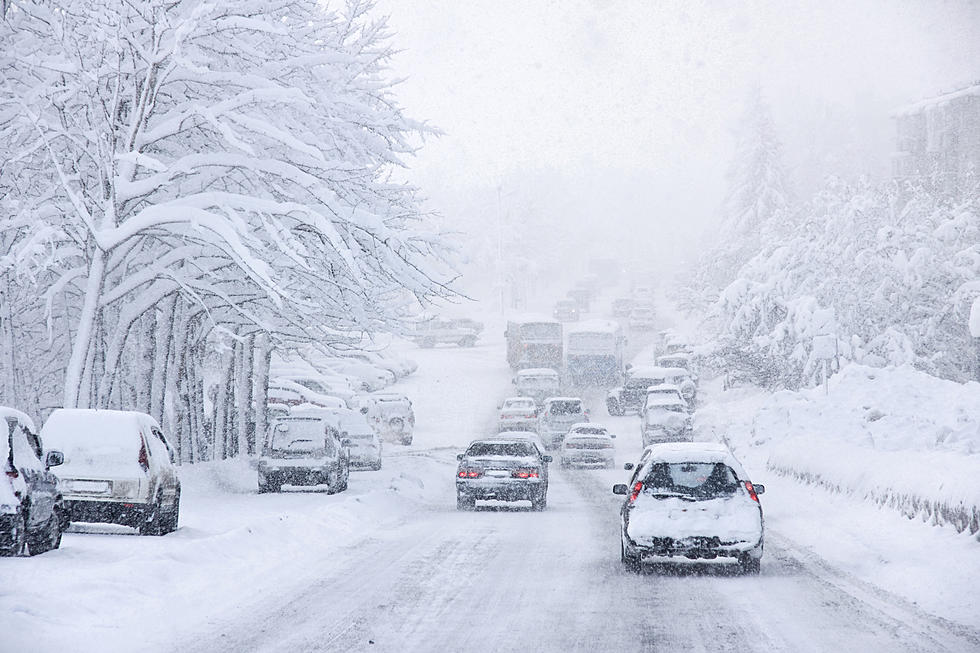Warm up your car in your own NJ driveway, face a $250+ fine
There's little less pleasant in the winter than getting into a freezing-cold car.
But the New Jersey Department of Transportation has strict rules limiting idling time for vehicles to just three minutes — with only a few exceptions.
According to regulations last updated in 2012, a New Jersey driver can idle a vehicle for up to 15 minutes "when the vehicle has been stopped for three or more hours and ONLY if temperature is (less than) 25 degrees (Emphasis theirs)." The idling rules can be enforced on public or private property — that includes residents' own driveways.
The regulations also note that idling is not allowed in a parking space with available and functioning electrification technology.
First-time violators face fines of $250, which double for a second offenses and double again for a third and subsequent violations.
Violations can be issued by the state Department of Environmental Protection, county environmental health officers, or local police departments. Seen someone with an idling vehicle? The state DEP maintains a 24-hour hotline at 877-927-6337.
A state FAQ poses the question "Will reducing idling really make a significant difference in reducing soot?"
Its answer: "According to the USEPA, the U.S. Department of Energy, and other organizations, the average long-haul truck idles at least 1,830 hours per year, and, in the process, uses $4,400 of unnecessary fuel and emits 17 tons of carbon dioxide, 10 pounds of fine particles and 615 pounds of nitrogen oxides every year. Reducing idling will lower maintenance costs on each vehicle, save fuel and protect public health and air quality."
It also asks "Isn't it bad to drive a cold engine if it hasn't been warmed up?"
And answers "Electronically controlled engines need no more than about 30 seconds to warm up. Driving a vehicle cuts warm-up times in half. The best way to warm up an engine is by driving it, while avoiding rapid acceleration and high speeds for approximately the first four miles in cold weather."
According to a state DEP notice on the 2012 rules, fine particle pollution in NJ may cause more premature deaths than homicides and car accidents combined."
Diesel exhaust is a primary component of fine particle pollution, according to the state.
It also notes neighboring states have similar idling laws: 5 minutes in New York state (3 in New York City, with no exceptions), and 2 in Philadelphia.
The three-minute New Jersey restriction does not apply to being stuck in traffic, or to vehicles like hydraulic lifts, refrigerator trucks, or others where the running of the engine is an essential part of the operation.
In some cases, diesel truck drivers with new enough engines can run their vehicles while sleeping in them. But even in those cases, idling isn't allowed to provide temperature control for pets.
Vehicles waiting to be inspected or repaired, or performing emergency services are also not subject to the idling restrictions, nor are those "auxiliary or alternate power systems for cabin comfort."
More from New Jersey 101.5:
Contact reporter Adam Hochron at 609-359-5326 or Adam.hochron@townsquaremedia.com
More From New Jersey 101.5 FM









